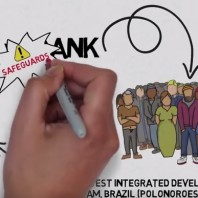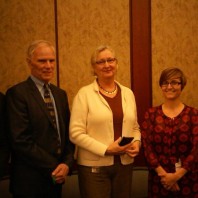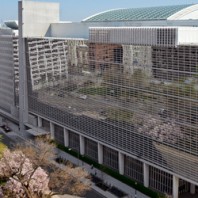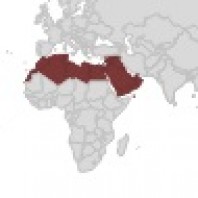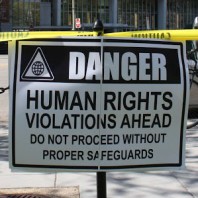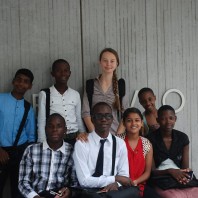The World Bank has a complex track record with human rights and the environment. On one hand, they are one of the world’s most important development institutions, and their main goals are to eliminate poverty and boost prosperity. On the other, they have a history of sidelining the well-being of communities and ecosystems that are …
PRESS RELEASE (October 5, 2015) The World Bank, with an overarching mission to end poverty, hosts its Annual Meetings this week in Peru. Given that the impacts of climate change disproportionately harm the poor, and that world leaders are set to make a global agreement on climate change this December, climate is at the top …
On September 30th, the Tom Lantos Human Rights Commission held a hearing at the United States Congress on international financial institutions (IFIs) and human rights, chaired by Congressman Jim McGovern. Witnesses included BIC’s Nezir Sinani from Kosovo, Milton Sanchez from Peru, and Obang Metho from Ethiopia, who testified on the human rights impacts of World …
BIC recently published two reports analyzing the impact of World Bank and IFC finance on forests and forest peoples around the world. These publications outline the findings of BIC’s review of World Bank Group public and private sector lending from the perspective of investments both within the forest sector, and in the primary sectors that …
World Bank Management released a new draft for consultation (thus initiating Phase 3 of the safeguards review) despite crippling disagreement among Bank Board members, who remain divided on issues including the draft’s reference to human rights, the definition of vulnerable groups, and the use of borrower frameworks, among others.
The World Bank office in Tunis held a session in June, 2015 to present and discuss its Systematic Country Diagnostic (SCD)[1] for Tunisia, following which CSOs and university professors submitted comments on the SCD and the Country Partnership Framework (CPF).
On August 4, 2015 the World Bank publicly released the second draft of its Environmental and Social Framework (ESF), thus initiating Phase 3 of the safeguards review. The ESF contains the safeguard policies designed to protect communities and the environment in World Bank investment projects. The effectiveness of the World Bank’s new safeguards is compromised by several …
PRESS RELEASE Dangerous Rollback in Environmental and Social Protections World Bank’s New Framework Undermines President Kim’s Commitment to “No Dilution” (Washington, August 4, 2015) The World Bank has released new draft safeguard policies[i] that will vastly weaken protections for affected communities and the environment at the same time as the bank intends to finance more …
On Thursday, July 16th, 2015, the U.S. Treasury Department posted to its website the U.S. government’s position at a recent World Bank Board discussion on the revised Environmental and Social Framework (ESF). The statement highlights four cross-cutting issues that the U.S. finds particularly problematic in the newest draft of the Bank’s safeguards policies, which has not yet been released to the public.
From July 6th through July 10th, the Bank Information Center hosted a delegation of nine children from India, Uganda and Albania. The children were invited to DC to share some of their recommendations on the World Bank’s proposed safeguards policies, which protect communities and the environment from potential harm caused by World Bank projects and programs.

